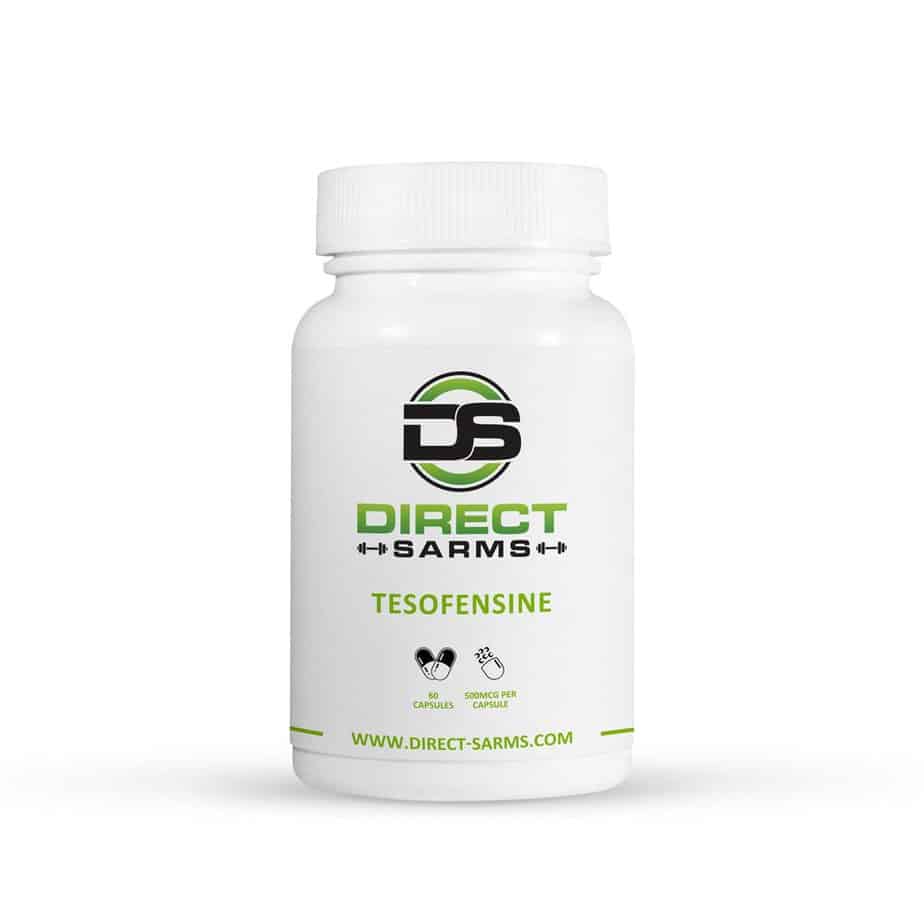
September 5, 2024
Tesofensine A Summary
Long-term Effectiveness And Security Of Anti-obesity Therapy: Where Do We Stand? Current Obesity Records SGLT-2 preventions, such as dapagliflozin, empagliflozin, and canagliflozin, block sugar reabsorption from the renal tubules and result in glycosuria (power deficit). Previous RCTs reported that careful SGLT2 inhibitors, a new course of anti-diabetes medications, have actually been shown to lower body weight (1-- 3 kg reduction) in diabetic person clients with and without obesity [99,100,101,102] In previous professional tests that took a look at SGLT2 inhibitors in combination with phentermine, added weight management was attained (6.9%, canagliflozin 300 mg+ phentermine 15 mg vs. 1.3%, canagliflozin 300 mg vs. 3.5%, phentermine 15 mg) [103, 104]- Posner's group took into consideration an overall of 1,201 "client narratives" from seven rimonabant tests.
- These searchings for are also constant with the reduced threat of misuse for tesofensine, as it has been reported to be unlikely to be abused recreationally [60]
- Professional application will proceed and focus on relative efficacy and security, which is hard to ascribe when best-in-class prospects are concurrently rapidly advancing and not instantly accessible for straight relative professional study125.
- First-generation microsomal transfer protein preventions were designed to hinder hepatic healthy proteins and supply a novel treatment for dyslipidemia (Roevens et al., 1999).
- Nonetheless, whereas weight-loss results generally translate from rats to human beings, topmost efficiency is historically two to 4 times lower in humans relative to rodents (Fig. 3).
- The effects of PSN S1 (Fig. 2) and PSN S2 on bodyweight and food intake were comparable in magnitude to those of sibutramine (Thomas et al., 2006).
Obesity-related Problems
Amylin produced by pancreatic β-cells acts to decrease post-prandial glucagon secretion, slow-moving gastric draining, and centrally boost satiety [88] Early studies showed that pramlintide usage in individuals with insulin-treated diabetic issues enhanced glycemic control and supported weight decrease by lowering food intake [89] A subsequent research study of pramlintide showed an extra mean fat burning of Have a peek at this website 3.7 kg vs. placebo in obese clients without T2DM or with non-insulin-treated T2DM [89] While pramlintide monotherapy resulted in 1.5 kg added weight reduction compared to sugar pill over 24 weeks, combination of pramlintide with either phentermine or sibutramine resulted in 9.2 kg weight loss [90] Davalintide, a second-generation amylin analogue, was developed and completed stage II trials. Nevertheless, weight reduction with the medicine were unsatisfactory creating discontinuation in its advancement [91]Associated Terms:
This currently makes up the 2nd GLP1R agonist signed up for body weight management, as liraglutide 3 mg was accepted by the FDA in 2014 for therapy of grownup excessive weight and in 2020 for excessive weight in teens matured 12-- 17 years (see Related web links). Amylin has pramlintide in professional advancement for the treatment of weight problems and in 2004 reported results from a Stage II study in overweight topics assessing the safety and tolerability of the medication. In the research study, obese topics had the ability to endure higher dosages of pramlintide than those formerly studied in diabetic issues tests, and accomplished scientifically and statistically considerable weight reduction. In 2006, Amylin reported information from a Stage II research study showing that people finishing 52 weeks of pramlintide treatment experienced a 7-- 8% mean body weight decrease (relying on dosage) contrasted to a 1% decrease in clients getting placebo.What course of medicine is tesofensine?
Tesofensine is a Serotonin-norepinephrine-dopamine-reuptake-inhibitor (SNDRI). SNDRIs are a course of psychoactive antidepressants. They act upon natural chemicals in the brain, specifically, serotonin, norepinephrine and dopamine.


Social Links